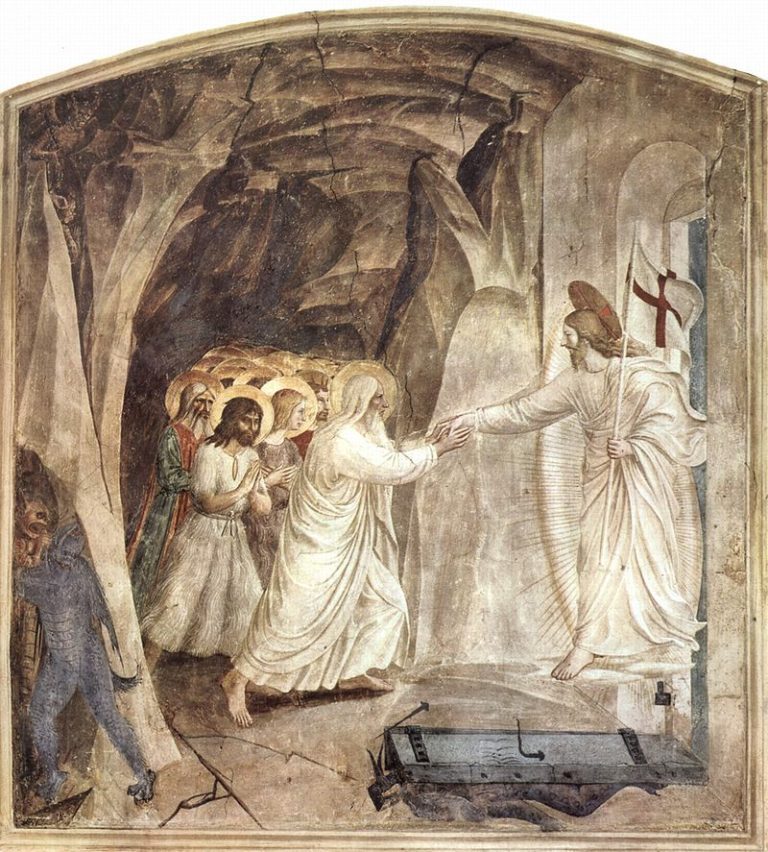Some of our most ridiculous contests concerns collecting programmed entities. One of my neighbors has a large, enclosed trailer that has had a sign professionally painted on it: “Whoever Dies With the Most Toys Wins”. Another sentence, also expensively painted on it, informs us that “This Trailer Contains Big Boys’ Toys”. We are meant to assume that the trailer is full of costly things, and it may well be.
As we get older, such accumulations of sops to our vanity make less and less sense. In fact, when speaking with antique dealers, one will universally hear, “There aren’t as many collectors of __________ that there used to be.” The _________ may be filled in with everything from “stamps” to “cut glass” to “Spode”. As the baby boomers age, and see their friends begin to drop, the gathering, maintaining, and insuring of a large amount of doodads, even old and valuable ones, doesn’t seem to be quite as important. At the same time, the values of the doodads begin to drop as the number of prospective purchasers diminishes. That accelerates sales into a declining market, prompting further devaluation.
“What am I going to do, take this with me?”, collectors begin to ask themselves as they move through their sixties. “How am I going to do that?”
My mother was such a collector. She lived in a moderately large house stuffed with various things she’d been interested in collecting over the years. When people would ask me “What did your mother do with all those antiques?”, I would explain: “She knew that she was going to die several months beforehand. So, she called up a local junkyard, and had them send a portable car-crusher over, and parked it in front of the garage, renting it from them by the month.
“Over a two or three month period, she carried all her antiques through the garage, put them into the car-crusher, and compressed them. By the time she died, all of her most valued possessions were compressed into a rectangular cube the size of a coffin. She had it buried in the cemetery lot next to hers, explaining on the tombstone, “You can take it with you.”
II
Rather than try to take it with us, as related in the semi-apocryphal story above, we may wish for our soul to actually “win” the contest against accumulated entities by remembering Matthew 19;21: “Jesus said to him, “If you wish to be perfect, go and sell your possessions and give (the money you get from them) to the poor, and you will have treasure in heaven. . .”
Collectors, whether of real estate or baseball cards, know the value of what they’ve collected. And, they know other collectors of the programmed entities they’ve enjoyed amassing over the years. So, they know how to sell them at the best price. That’s one reason Jesus told the actual collector, himself, “If you wish to be perfect, (you) go and (you) sell your possessions and (you) give them to the poor. . . ”
By doing as Jesus says, we get more money for our entities, our vanity is tamed, and we give greater proceeds to those who need them. Everyone benefits.








